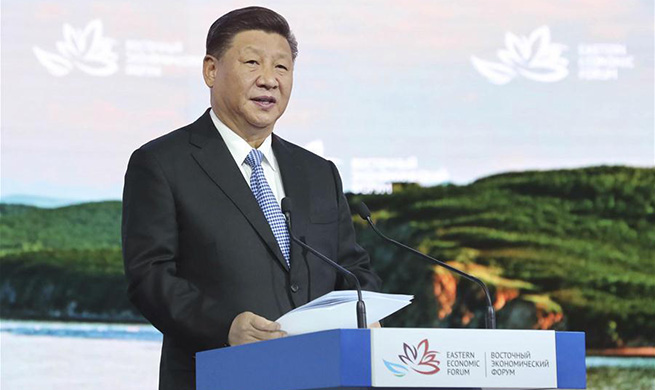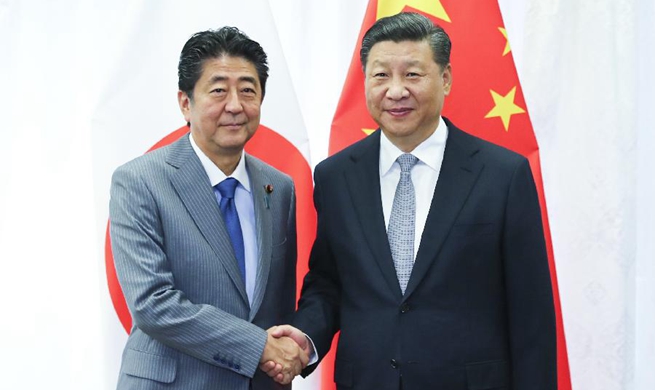NAIROBI, Sept. 12 (Xinhua) -- The majority of African countries defied domestic and external shocks to sustain quality of policy and institutional frameworks underpinning their recent economic progress, says a World Bank report released in Nairobi on Wednesday.
The 2017 Country Policy and Institutional Assessment (CPIA) for Sub-Saharan Africa's scorecard which has been used to determine World Bank's assistance to the world's poorest nations since its launch in 1980 gave a positive assessment on quality of policies in Africa that has boosted health of the continent's economy.
"In 2017, African countries had a more favorable global environment that provided them with space to implement reforms," remarked Punam Chuhan-Pole, a lead economist at the World Bank's Africa Region.
"According to our analysis, nearly 30 percent more countries strengthened their policy and institutional quality compared with 2016. This is an encouraging trend," she added.
The 2017 CPIA report examined quality and performance of policies and institutional structures in 38 African countries that are eligible for the World Bank's International Development Assistance (IDA) tailor made for the most economically deprived nations.
It found that these countries, whose overall score was 3.1, had strengthened policies that promote fiscal discipline, social inclusion, governance and public sector management.
The 2017 World Bank's CPIA report says that Rwanda posted the highest score of 4.1 followed by Senegal with 3.8 then Cape Verde, Kenya and Tanzania that had an average score of 3.7.
It states that favorable global economic conditions stimulated economic activities in Sub-Saharan Africa thus easing pressure on weak policy frameworks.
However, the report notes that fragile African countries reeling from conflicts, climatic shocks and effects of volatility in the global commodities market, recorded a drop in the quality of their policy and institutional frameworks.
"Important near and long-term vulnerabilities in many of the region's economies eroded policy buffers constrain the scope for countries to formulate an adequate policy response to adverse shocks," the World Bank said.
It warns of rising public debt relative to gross domestic product (GDP) that could disrupt economic growth and employment creation in African countries that are already experiencing a youth bulge.
Experts said that a regular appraisal on quality and resilience of policy and institutional frameworks in Africa is key to attract development aid and stimulate economic growth.
"The CPIA is important for African countries not only because a better score leads to an increase in concessional financing from the World Bank, but also because it is an excellent tool for policy formulation and monitoring," said Albert Zeufack, the World Bank's Chief Economist for Africa.
"Our countries should pay more attention to this important tool and use it accordingly," he added.













